The Olympic Games in ancient Greece were a major sporting and cultural event held every four years in Olympia, a sanctuary dedicated to Zeus.
They were part of a broader religious festival and were one of the most important athletic competitions in the ancient Greek world. Key aspects of the Olympic Games include:
Origins and History
- Origin: The Olympic Games are believed to have originated around 776 BCE, with the first recorded Olympiad attributed to Coroebus of Elis, a cook who won the stadion race.
- Frequency: The Games were held every four years, known as an Olympiad.
Venue


- Location: The Games took place in Olympia, a sacred site in the western Peloponnese peninsula.
- Sanctuary of Zeus: Olympia housed the Temple of Zeus, featuring a colossal statue of Zeus, one of the Seven Wonders of the Ancient World.
Athletic Contests
The ancient Olympic Games featured various sporting events showcasing athletes’ physical prowess. Key events included:
- Stadion (Stade Race): A sprint of approximately 192 meters.
- Diaulos (Two-Stade Race): A footrace of roughly 384 meters.
- Dolichos (Long-Distance Race): A long-distance race, up to 4,800 meters.
- Pentathlon: A combination of stadion, wrestling, long jump, javelin throw, and discus throw.
- Wrestling: Athletes compete to throw their opponents to the ground three times.
- Boxing: Matches consisted of landing blows on opponents, without weight classes or gloves.
- Pankration: A combat sport combining boxing and wrestling, with minimal restrictions.
- Long Jump: Athletes aim to cover the greatest distance in a single leap.
- Javelin Throw: Athletes hurled a javelin for distance.
- Discus Throw: Competitors threw a heavy discus the farthest distance.
- Chariot Racing: Teams of horses pulling two-wheeled chariots raced around a track.
Recognition and Rewards
Winning an event at the Olympic Games brought great honor and prestige. Key aspects included:
- Olive Wreath: Victors were crowned with a wreath made from the sacred wild olive tree of Olympia.
- Recognition and Status: Victors were celebrated as heroes, often receiving special privileges in their home city-states.
- Poetic Tribute: Poets, such as Pindar, composed victory odes honoring the victors.
- Statues and Memorials: Statues of victors were erected in Olympia and their hometowns.
- Financial Rewards: Some city-states offered financial incentives to victorious athletes.
- Heroic Status: Exceptional victors could achieve cult status and were celebrated in rituals and festivals.
- Social and Political Influence: Olympic victories elevated an individual’s social and political standing.
Participants and Eligibility
Participation was restricted to freeborn Greek men who met specific criteria:
- Greek Citizenship: Only freeborn Greeks, representing their city-states, could participate.
- Gender Restrictions: Only men competed; married women were prohibited from attending.
- Age Requirements: Competitors were typically 18 to 24 years old, with separate events for boys.
- Training and Preparation: Athletes underwent rigorous training for at least ten months before the Games.
- Oath and Olympic Truce: Participants swore an oath to compete fairly and observed a truce for safe travel.
- Health and Physical Condition: Athletes had to pass tests to ensure they were in good health.
- Travel Expenses: Participants covered their travel expenses to Olympia.
Tradition and Ceremonies
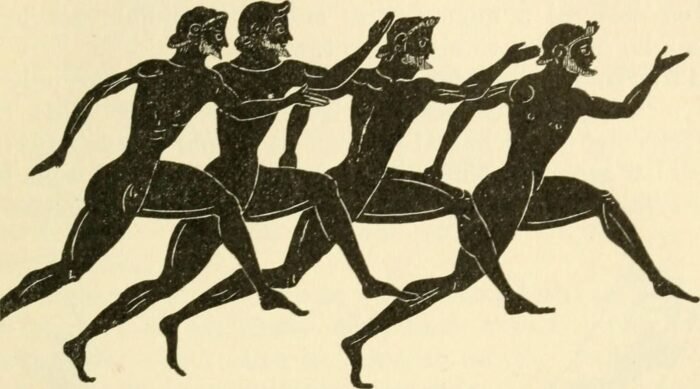

The Games featured various traditions and ceremonies:
- Olympic Truce: A sacred truce allowed safe travel for participants.
- Altar of Zeus: The Games were held in Olympia, dedicated to Zeus.
- Opening Ceremony: Included rituals, processions, and sacrifices.
- The lighting of the Olympic Flame represented the sacred fire of Zeus.
- Procession of Athletes: Athletes marched in a formal procession to Olympia.
- Oath: Athletes, trainers, and officials swore an oath to compete fairly.
- Competitions: Took place in the stadium, gymnasium, and hippodrome.
- Judges and Referees: Hellanodikai ensured fair competition and participated in rituals.
- Victor’s Crown: Victors were crowned with an olive wreath.
- Closing Ceremony: Included a feast, celebrations, and the proclamation of winners.
- Statues and Monuments: Erected to commemorate victors.
- Cultural and Educational Events: Included music, poetry, and philosophical discussions.
Panhellenic Nature
The Games were a Panhellenic event, involving participants and spectators from various Greek city-states, fostering unity:
- Participation from Various City-States: Athletes came from all over the Greek world.
- Olympic Truce: Ensured safe travel and emphasized shared cultural ties.
- Religious Significance: Held in honor of Zeus, reinforcing a shared spiritual heritage.
- Four Panhellenic Games: The Olympics were part of a broader tradition, including the Pythian, Nemean, and Isthmian Games.
- Unity Through Athletics: The Games fostered unity and a common identity among the Greek city-states.
- Cultural and Educational Exchange: Provided a platform for cultural exchange and intellectual activities.
- Honoring Greek Heroes: Victories were celebrated by the entire Greek world.
- International Recognition: Brought prestige to victors and their city-states.
- Legacy and Inspiration: Influenced the modern Olympic Games, emphasizing international unity.
Legacy
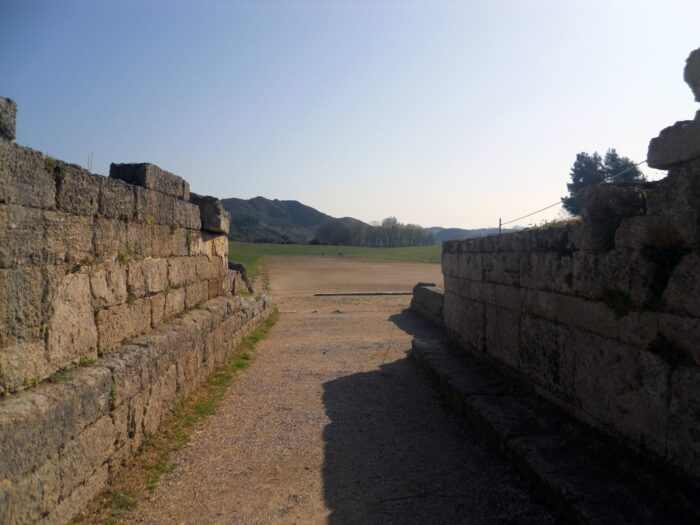

The ancient Olympic Games were a celebration of Greek culture, religious devotion, and the ideals of physical and moral excellence. Their legacy continues in the modern Olympic Games, symbolizing international unity and sportsmanship. Key aspects include:
- Cultural and Religious Significance: The Games contributed to the cultural identity of ancient Greece.
- Pan-Hellenic Unity: Fostered a sense of unity among Greek city-states.
- Influence on Art and Literature: Olympic achievements were popular subjects for art and literature.
- Philosophical and Educational Impact: Emphasized holistic education, shaping well-rounded individuals.
Modern Olympics
- International Sporting Event:
- The modern Olympic Games, initiated in 1896 by Pierre de Coubertin, have become the largest and most prestigious international multi-sport event.
- Athletes from around the world come together to compete in the spirit of friendship and fair play.
- Promotion of Peace and Diplomacy:
- The Olympics aim to promote international understanding and peace. The Olympic Truce tradition from ancient times inspired efforts to use the Games as a platform for diplomatic dialogue and conflict resolution.
- Athletic Excellence and Inspiration:
- The Olympics showcase athletic excellence and inspire individuals to pursue their physical and competitive potential.
- Olympic athletes often become role models and sources of inspiration for aspiring sports enthusiasts.
- Innovation in Sports:
- The Olympics have driven innovations in sports science, training techniques, and equipment.
- The Games serve as a stage for the introduction of new sports and rule changes, reflecting evolving trends in athletics.
- Global Cultural Exchange:
- The Olympics provide a platform for cultural exchange, bringing together diverse cultures through ceremonies, performances, and exhibitions.
- The Olympic Village fosters interactions and friendships among athletes from different countries.
- Economic Impact:
- Host cities invest in infrastructure development, leading to economic benefits and urban regeneration.
- The Games stimulate tourism, generate employment, and contribute to the local economy.
- Media and Technology:
- The Olympics have played a significant role in the evolution of media coverage and technology. Advances in broadcasting, photography, and communication have been showcased during the Games.
- Promotion of Inclusivity:
- Efforts have been made to promote gender equality and inclusivity in the Olympics, with the introduction of new sports and a focus on diversity among athletes.
- Environmental Awareness:
- Recent Olympic Games have incorporated sustainability measures and raised awareness about environmental issues.
- Human Rights Advocacy:
- The Olympics have become a platform for addressing human rights issues, with athletes and organizers using the global stage to advocate for social justice and equality.
The legacy of the Olympics continues to evolve, reflecting the changing dynamics of the world. While rooted in ancient traditions, the Games remain a symbol of global cooperation, competition, and the pursuit of excellence in both sports and human endeavors.


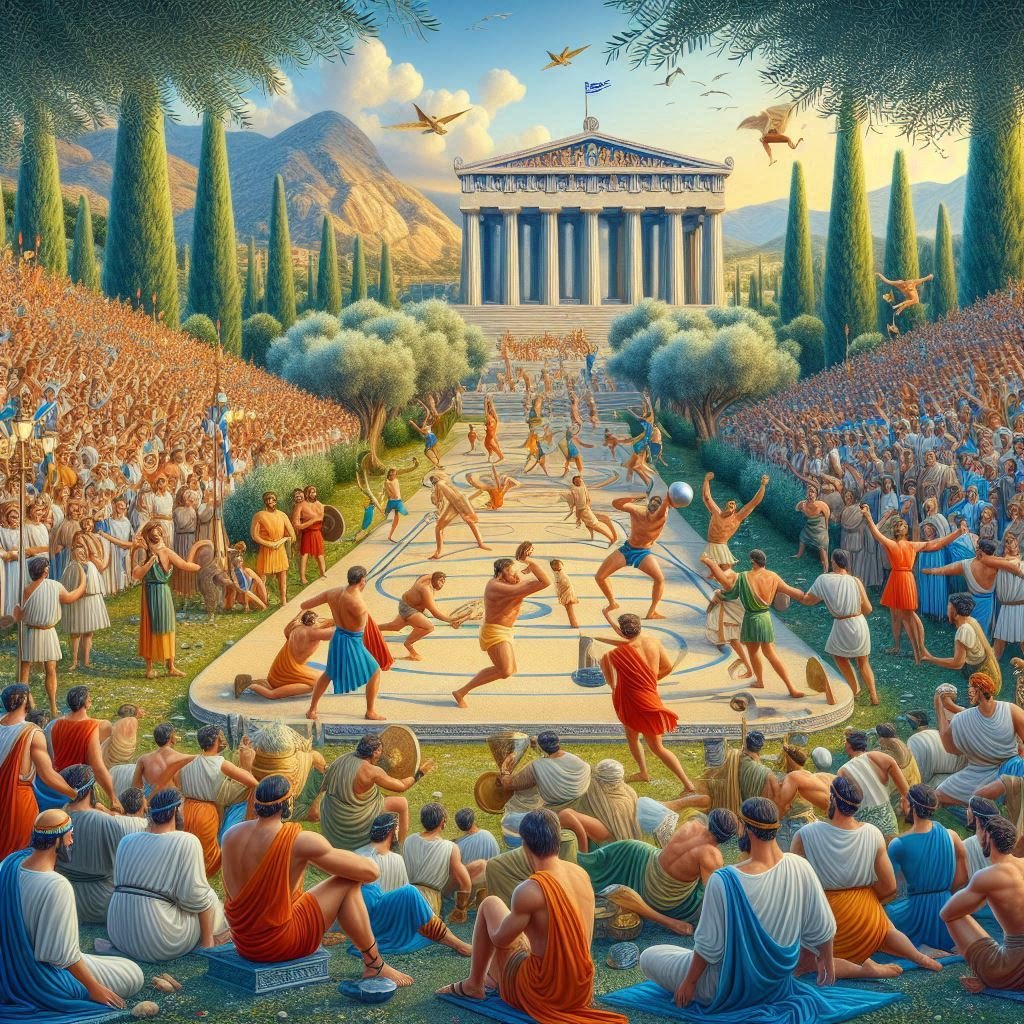




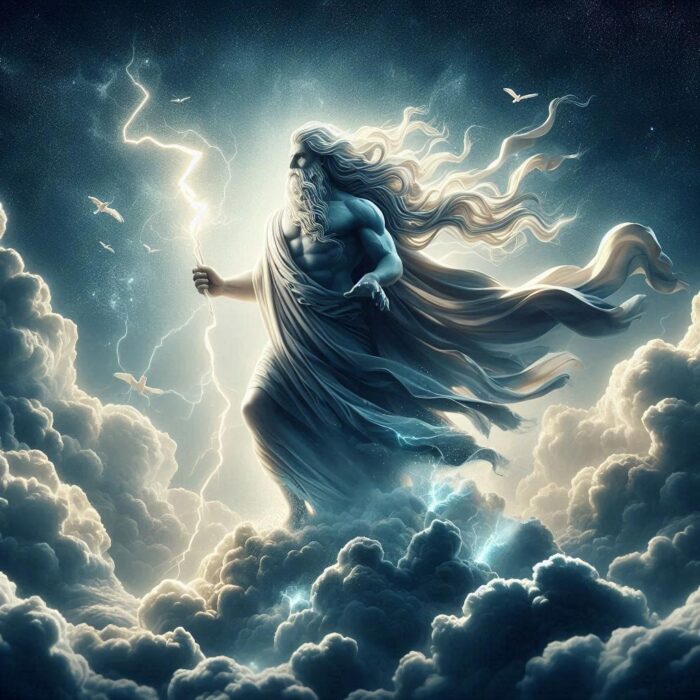
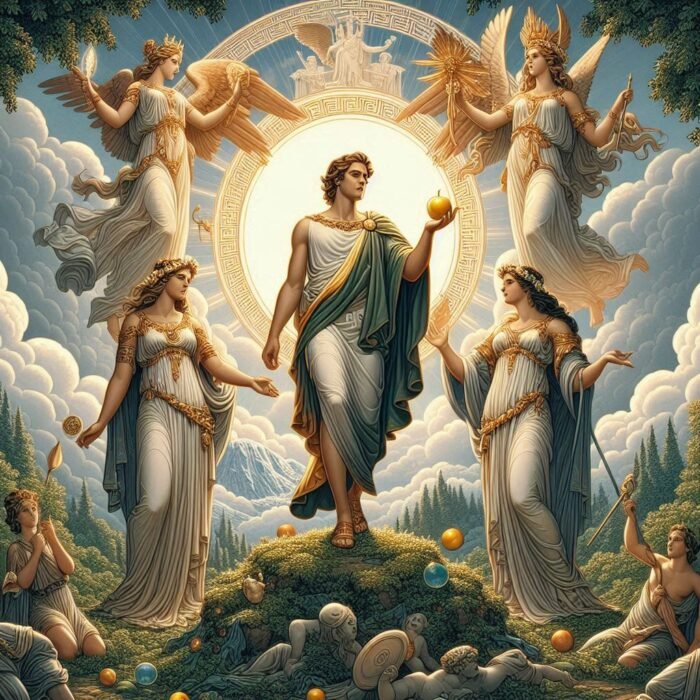


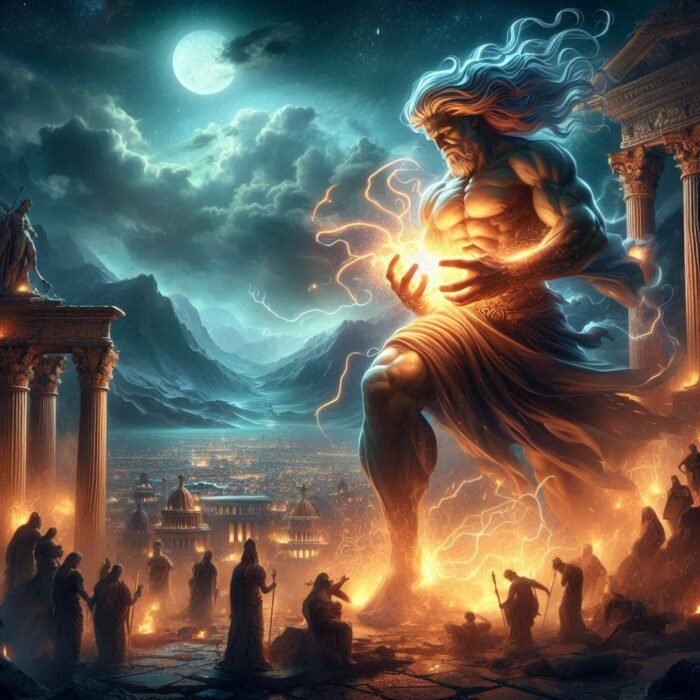
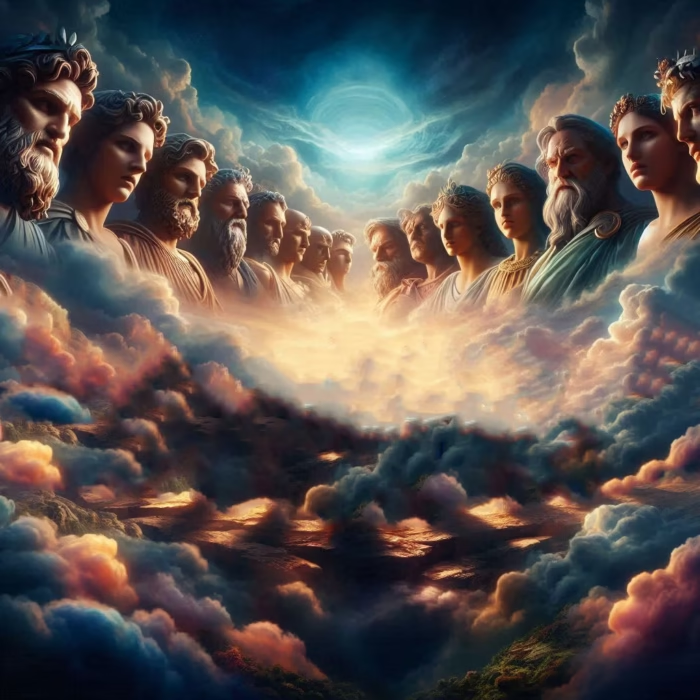



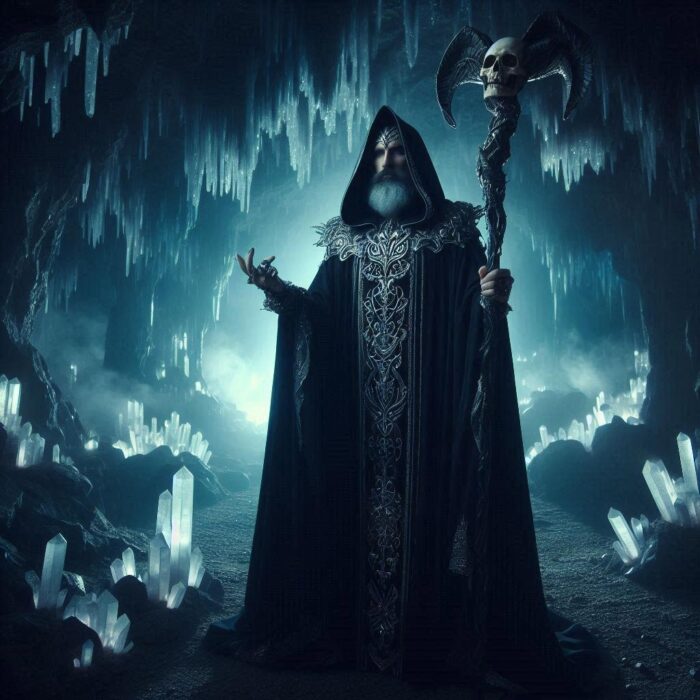
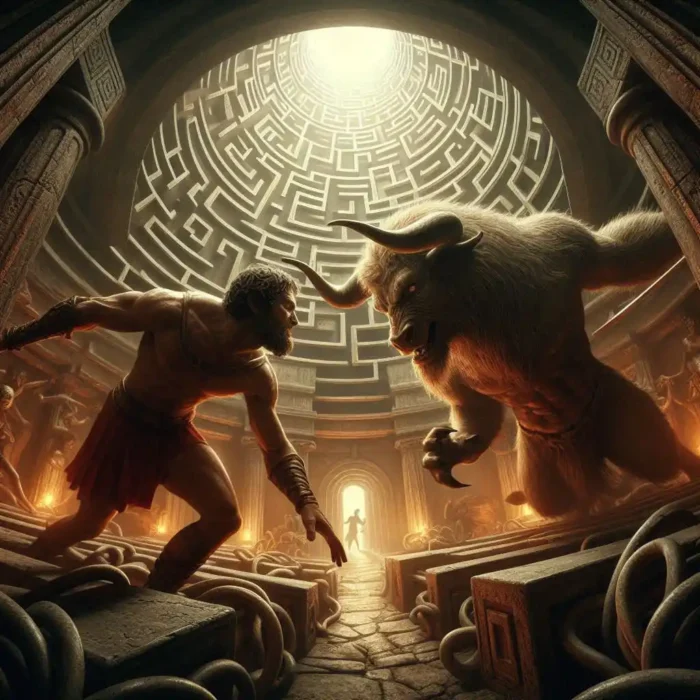
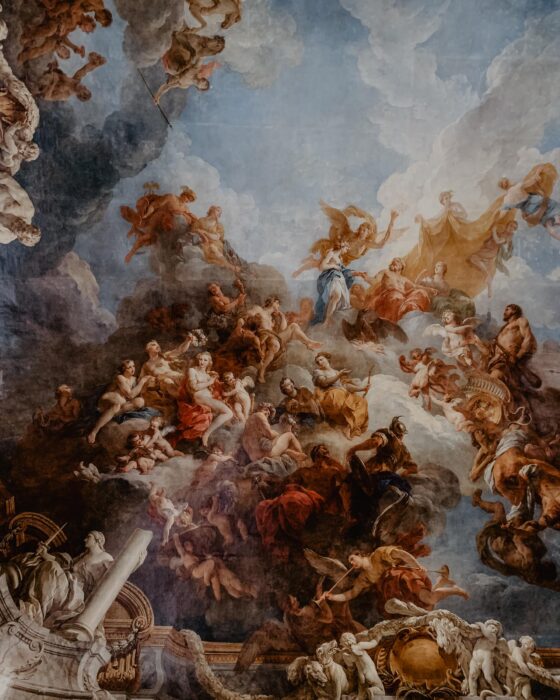
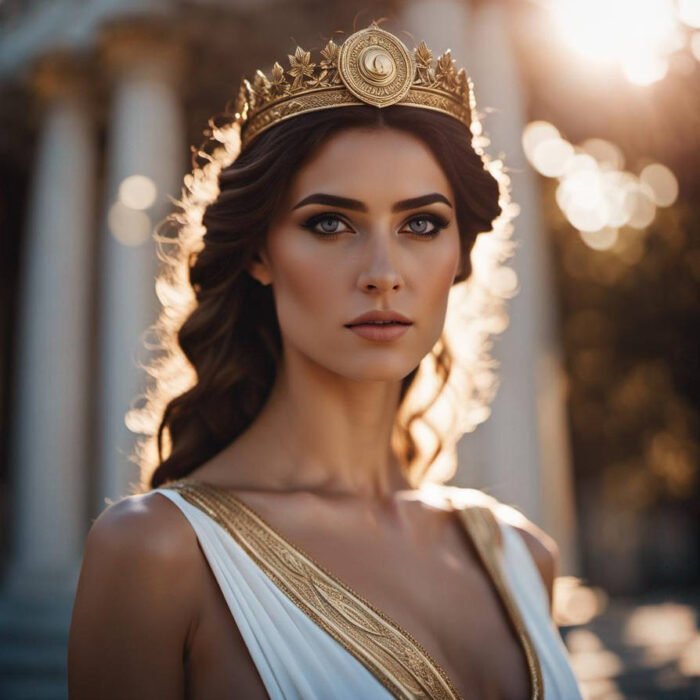

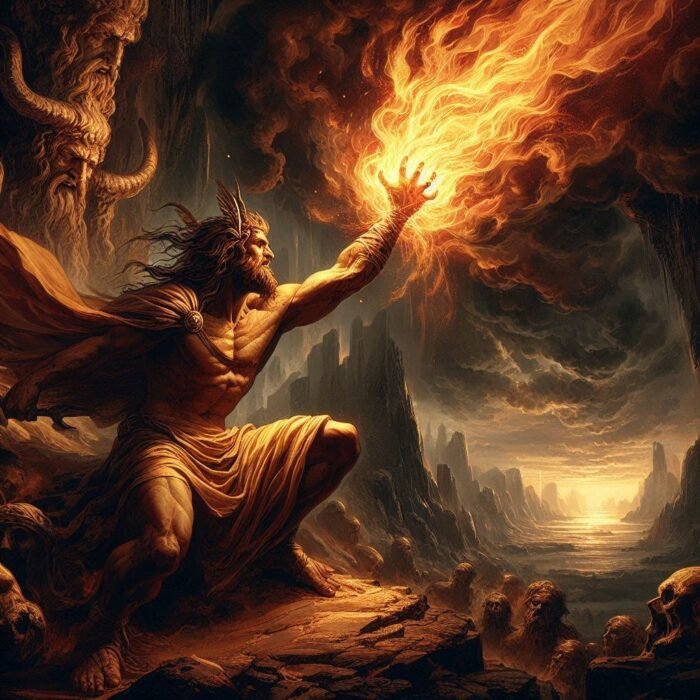
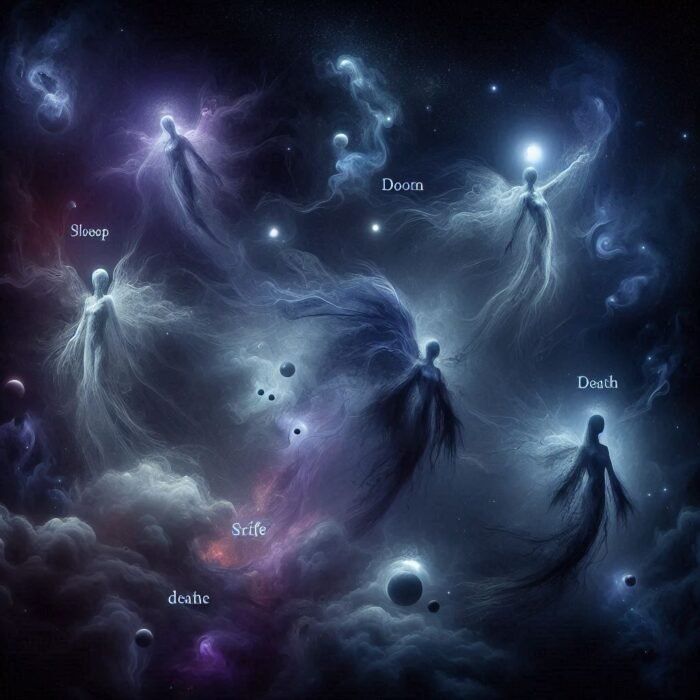
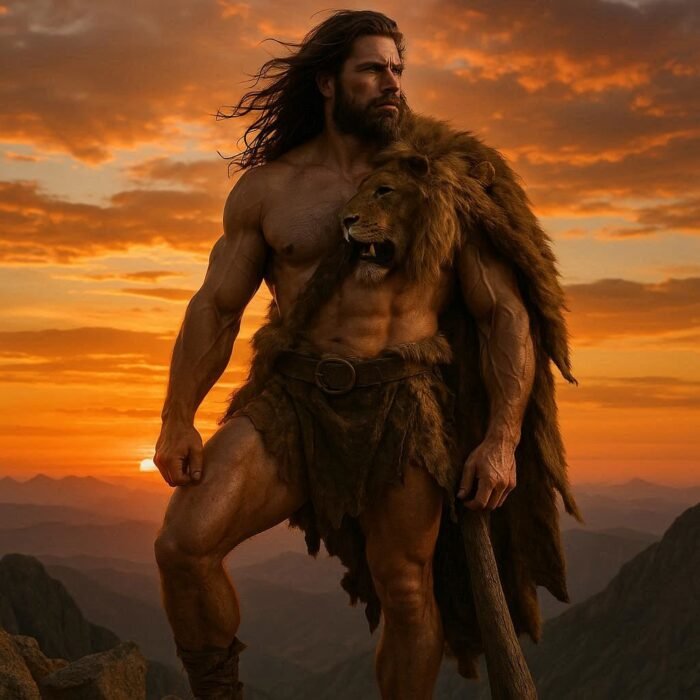
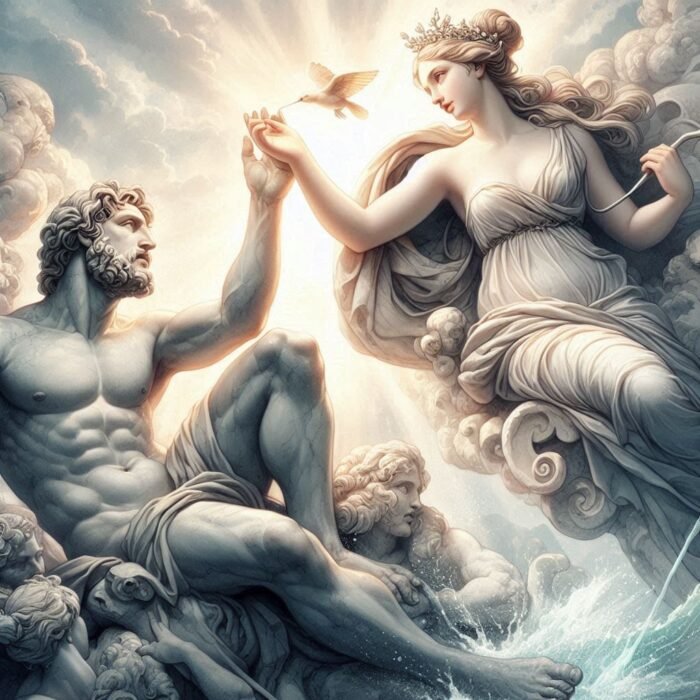
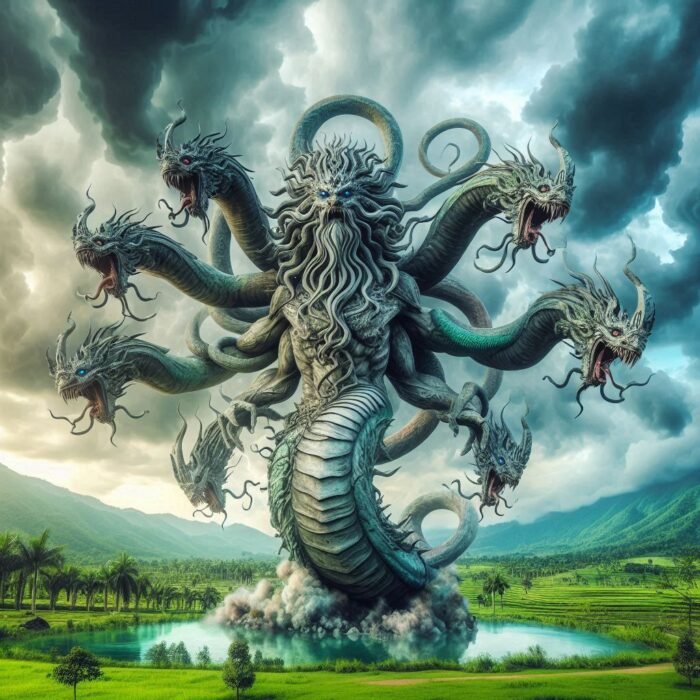
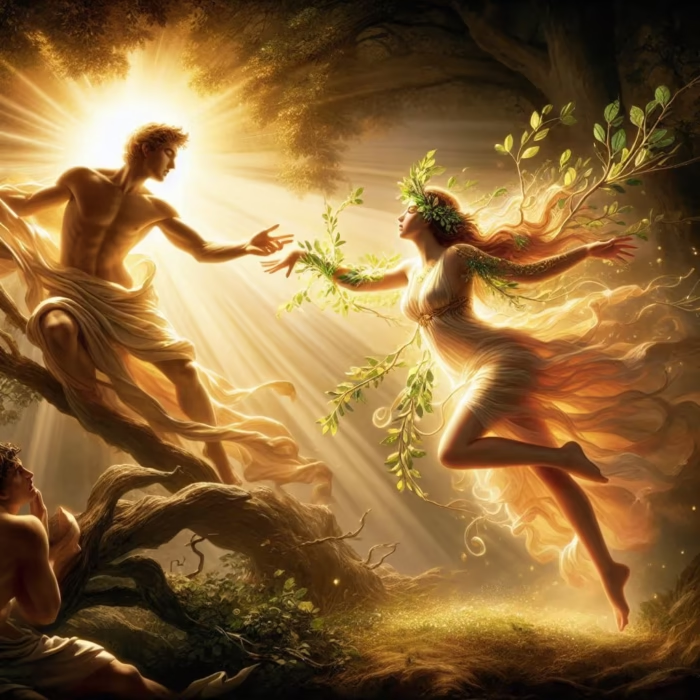
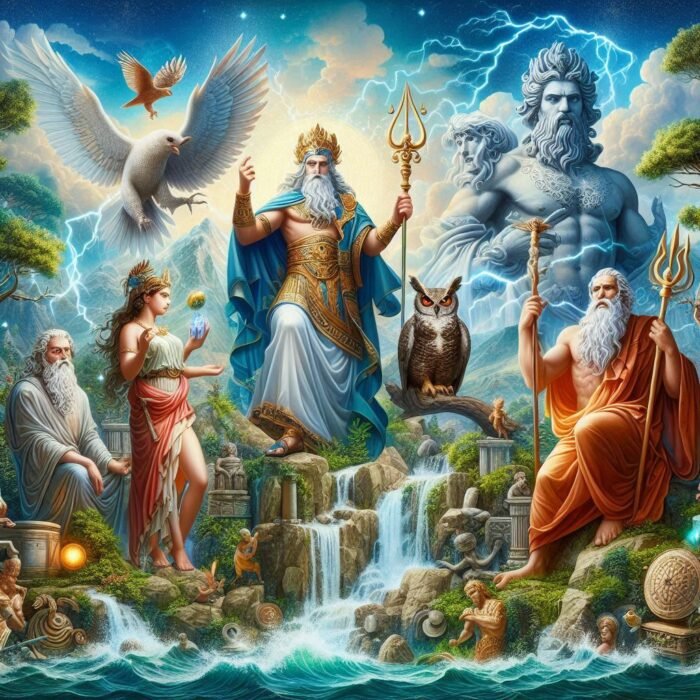

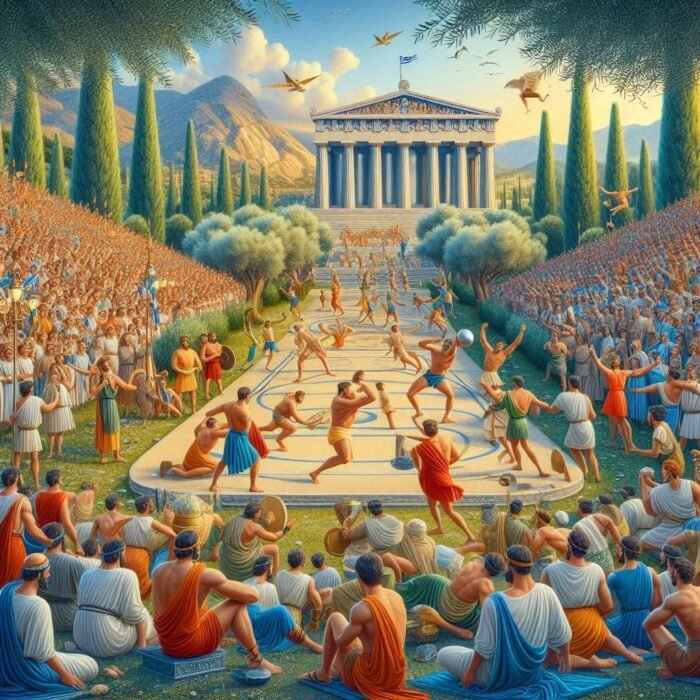




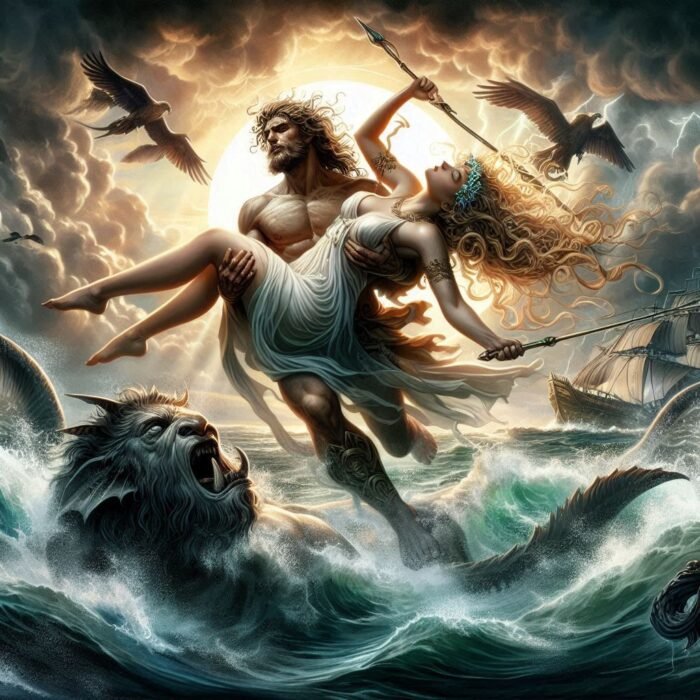

Comments